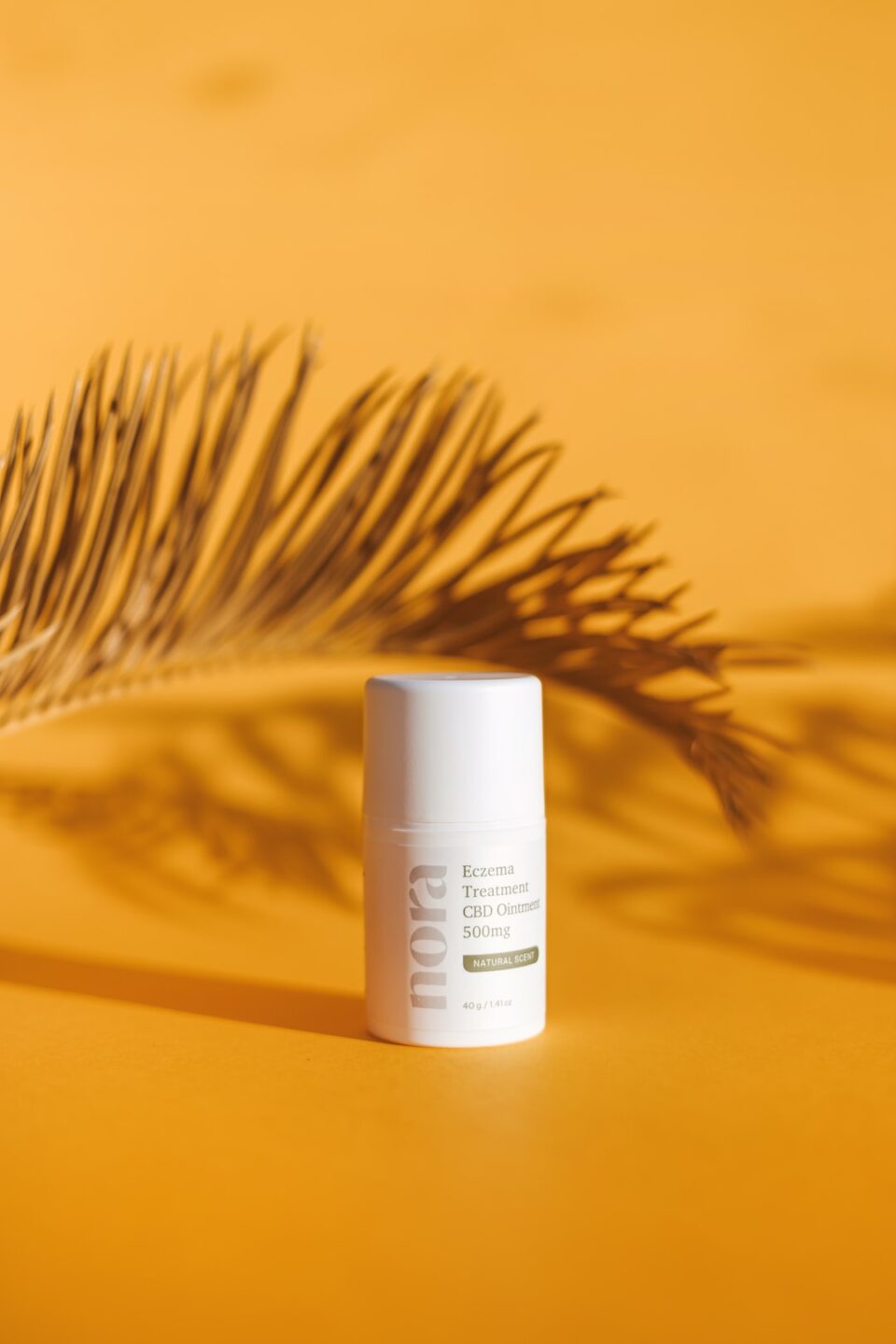Natural vs. Synthetic: Decoding What’s Best for Your Skincare
In recent years, there has been a growing trend towards embracing natural ingredients in skincare products. Many consumers are now opting for products that claim to be free from synthetic chemicals. However, with so many products on the market, it can be difficult to determine which is truly the best choice for your skin. Let’s explore the debate between natural and synthetic skincare and decode what’s truly best for your skin.
The natural skincare movement advocates for products that use plant-based ingredients, such as essential oils, botanical extracts, and organic substances. Proponents argue that these ingredients are gentler on the skin and are less likely to cause irritation or adverse reactions. Moreover, natural products are often considered to be environmentally friendly as they are biodegradable and can have minimal impact on the planet.
On the other hand, synthetic skincare uses laboratory-created ingredients that mimic or replicate the effects of natural substances. These ingredients, such as peptides and retinol, are designed to penetrate deeper into the skin and offer targeted solutions for specific skin concerns. Synthetic products are often praised for their effectiveness and fast results, as they can be formulated to deliver high concentrations of active ingredients.
One key advantage of natural skincare is the absence of potentially harmful chemicals. Synthetic products may contain artificial fragrances, synthetic dyes, and preservatives that can cause skin allergies or other adverse reactions. Natural products tend to rely on the inherent properties of plant-based ingredients, minimizing the need for these potentially harmful additives. This is particularly beneficial for individuals with sensitive skin or those prone to allergic reactions.
Furthermore, natural skincare products often nourish the skin with essential vitamins, antioxidants, and minerals that occur naturally in plants. These nutrients can have long-term benefits for the health and appearance of your skin. For example, ingredients like aloe vera, chamomile, and green tea extract are known for their soothing and calming effects, reducing redness and inflammation.
However, it is crucial to note that not all natural ingredients are suitable for everyone. Some plant extracts can be irritating or cause allergic reactions, so it’s important to know your skin’s specific needs and sensitivities before incorporating natural products into your routine. Patch testing new products and reading ingredient labels thoroughly can help avoid any potential issues.
On the other hand, synthetic skincare products often undergo rigorous testing and scientific research before being released onto the market. This ensures their safety and effectiveness. Synthetic ingredients can often be modified to enhance stability and make them less likely to degrade over time, ensuring a longer shelf life for the products. Additionally, synthetic ingredients can be formulated to target specific skin concerns, whether it’s acne, wrinkles, or hyperpigmentation.
It’s important to strike a balance between the two approaches to skincare. Natural ingredients have their undeniable benefits, but synthetic ingredients can also have their place in a skincare routine. Many skincare professionals recommend using a combination of both to obtain the best possible results.
Ultimately, the best choice for your skincare routine depends on your skin type, concerns, and personal preferences. Some individuals may find that natural ingredients work wonders for their skin, while others may require the targeted benefits of synthetic products. Trying different products and listening to your skin’s needs can help determine what works best for you.
In conclusion, the natural vs. synthetic skincare debate is nuanced and complex. Natural ingredients have their advantages in terms of being gentler on the skin and more environmentally friendly. However, synthetic ingredients can offer targeted solutions and greater effectiveness. Finding a balance between the two approaches and understanding your skin’s specific needs will ensure you make the best decision for your skincare routine. Remember, what matters most is taking care of your skin in a way that allows it to look and feel its best.

